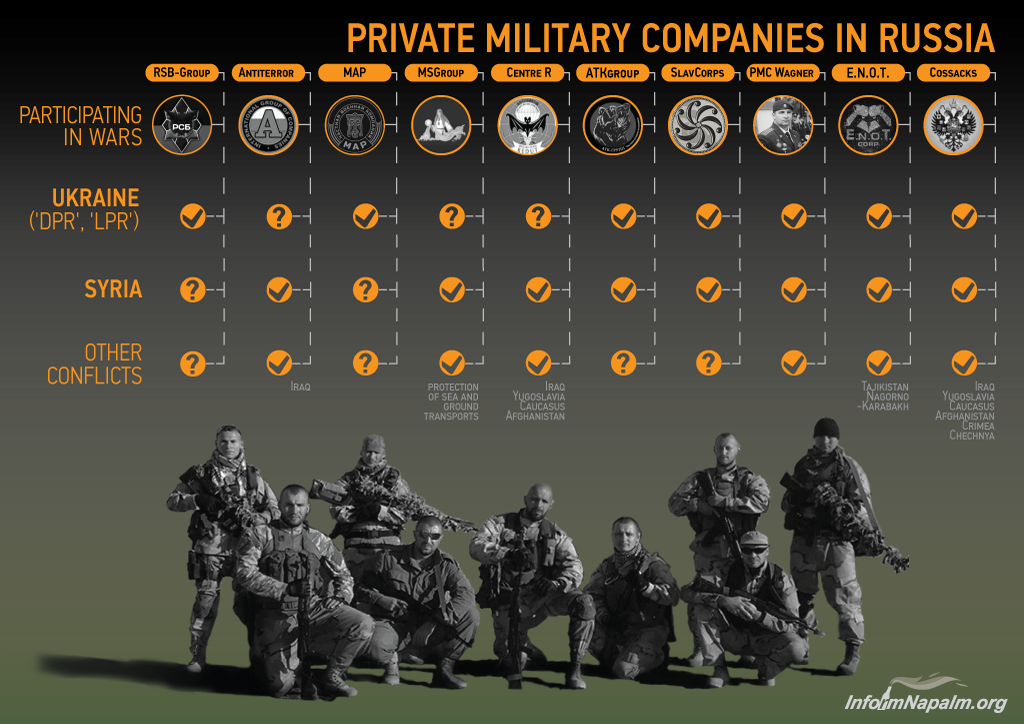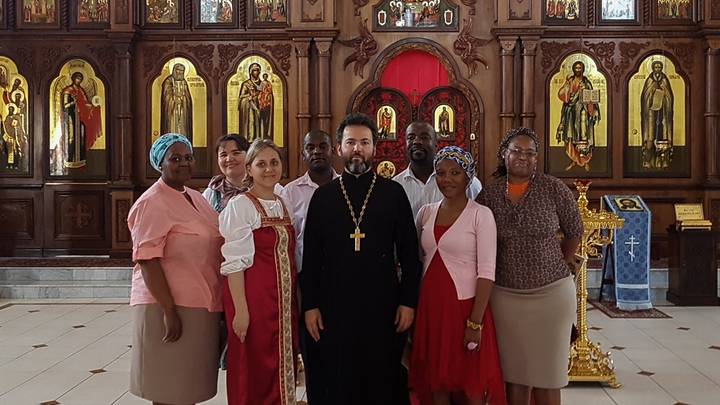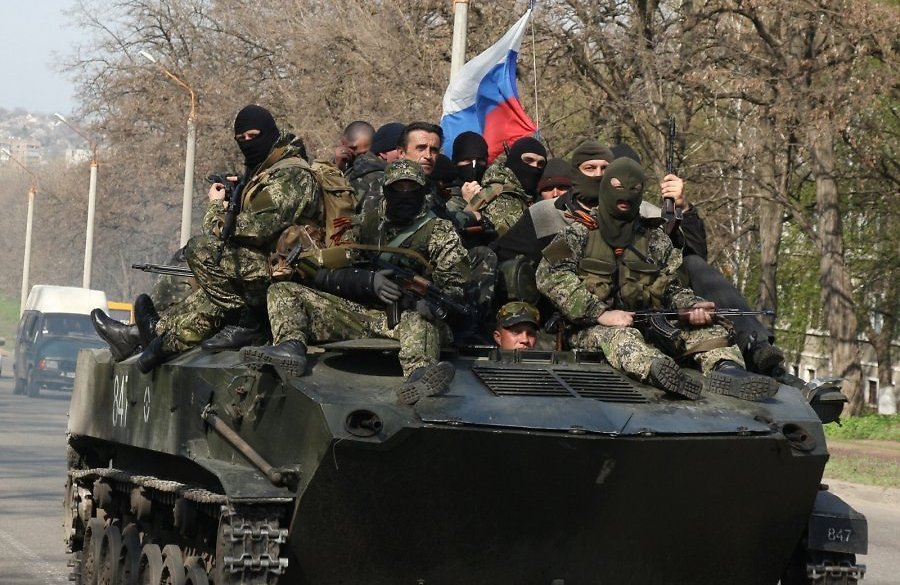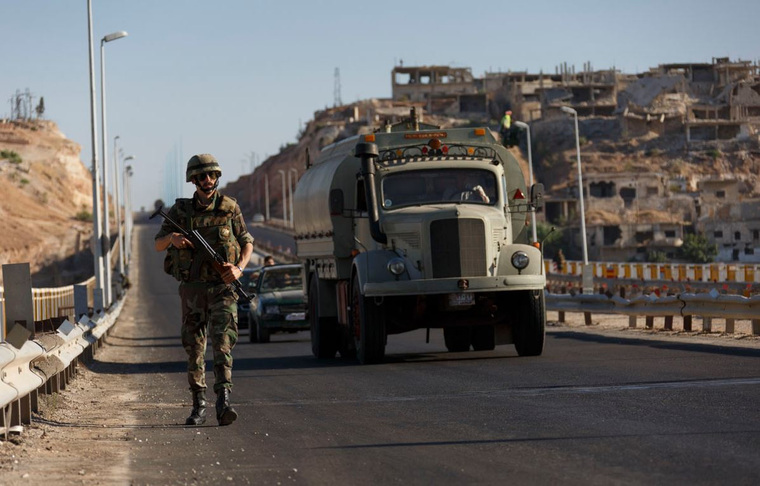Many countries have private military companies, Vladimir Pastukhov says; and there is no reason that Russia should not as well, especially in a world where many military tasks are outsourced and where there are some tasks states do not want to assume responsibility for.
But the problem is, the London-based Russian historian points out, is that “private military companies in Russia are not private, not military, and even not companies.” Instead, these shadowy Russian institutions reflect “the criminal functions and inclinations of the contemporary Russian state.”
And because that is the case, Pastukhov continues, their existence “is not real outsourcing but a conspiratorial fiction with the help of which the Russian special services cover the more problematic aspects of their biographies.”

“The most important and at the same time the most funny thing one needs to know about Russian private military companies is that they exist outside the law,” not just that there is no law allowing their existence but that there are specific laws which prohibit such mercenary activity, the historian says.
Consequently, “all those who create formations for the conduct of military operations in hot spots and who sign contracts with these formations are by Russian law a priori criminals, each of whom faces a criminal sentence.” If this is the case, he says, it is so because “someone needs it to be.”
According to the historian, “any legalization of the private military companies which would make their existence and activity more transparent would also make more obvious their application in the questionable operations for which in fact this instrument was developed in Russia at the start of the second ‘Crimean war.’”
The Russian powers that be will delay the legalization of such institutions as long as possible because they “need not military professionals” but people whom they can easily control and who will “without thinking carry out any criminal order.”
Private military companies in the Russian case, Pastukhov says, “are an analogue to the Latin American ‘death squadrons,” a horrible weapon for the systematic illegal and extra-judicial reprisal over the opponents of the regime. But as often has happened in Russia before, an idea imported into Russia is applied here in ways unthinkable in the country of origin.”
But what is important to keep in mind, Pastukhov says, is that private military companies are not criminal organizations in and of themselves. Instead, they become that “when they begin to service the interests of criminal clans” or of a criminal state which does not recognize any rules governing its activities except those it dreams up for itself.
Read More:
- Moscow dispatches even more ‘private military companies’ to Syria and Africa
- Moscow preparing to replace its forces in Donbas with ‘private’ military ones, Kyiv analyst suggests
- Ukraine names over 150 mercenaries from “Putin’s private army” fighting in Ukraine and Syria
- Wagner mercenaries: what we know about Putin’s private army in Donbas
- Moscow’s private military companies continue to be a serious threat in Ukraine
- New footage shows Russian PMC Wagner involved in crucial 2015 Debaltseve battle in Ukraine
- Three largest Russian militant training facilities identified
- Putin seized Crimea with regular army but outsourced action in Donbas





